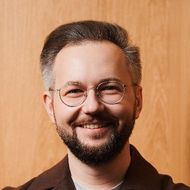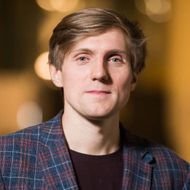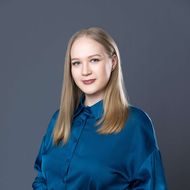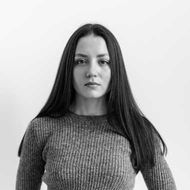.jpg)
В старых версиях браузеров сайт может отображаться некорректно. Для оптимальной работы с сайтом рекомендуем воспользоваться современным браузером.
✖
- A
- A
- A
- ABC
- ABC
- ABC
- А
- А
- А
- А
- А
Regular version of the site
-
The School
-
Departments
- Joint Department with Yandex
- Joint Department with T-bank
- Joint Department with MTS
- Joint Department with the Marchuk Institute of Numerical Mathematics of the Russian Academy of Sciences (INM RAS)
- Joint Department with the Kharkevich Institute for Information Transmission Problems (RAS)
- Laboratory of Theoretical Computer Science
- Yandex Laboratory
Administration
Department Head
–
Evgeny Sokolov
Deputy Head
–
Artem Maksaev
Deputy Head
–
Daria Kasyanenko
Manager
–
Elizaveta Kononova
Manager
–
Vera Volkova
Manager
–
Akhmedova Gyunay
Book chapter
Vereshchagin N., Milovanov A.
In bk.: 32nd Computational Complexity Conference. Вадерн: Schloss Dagstuhl – Leibniz-Zentrum für Informatik, Dagstuhl Publishing, 2017. P. 1-18.
Working paper
Figurnov M., Collins M. D., Zhu Y. et al.
arXiv:1612.02297. arXiv. Cornell University, 2016
News
.jpg)

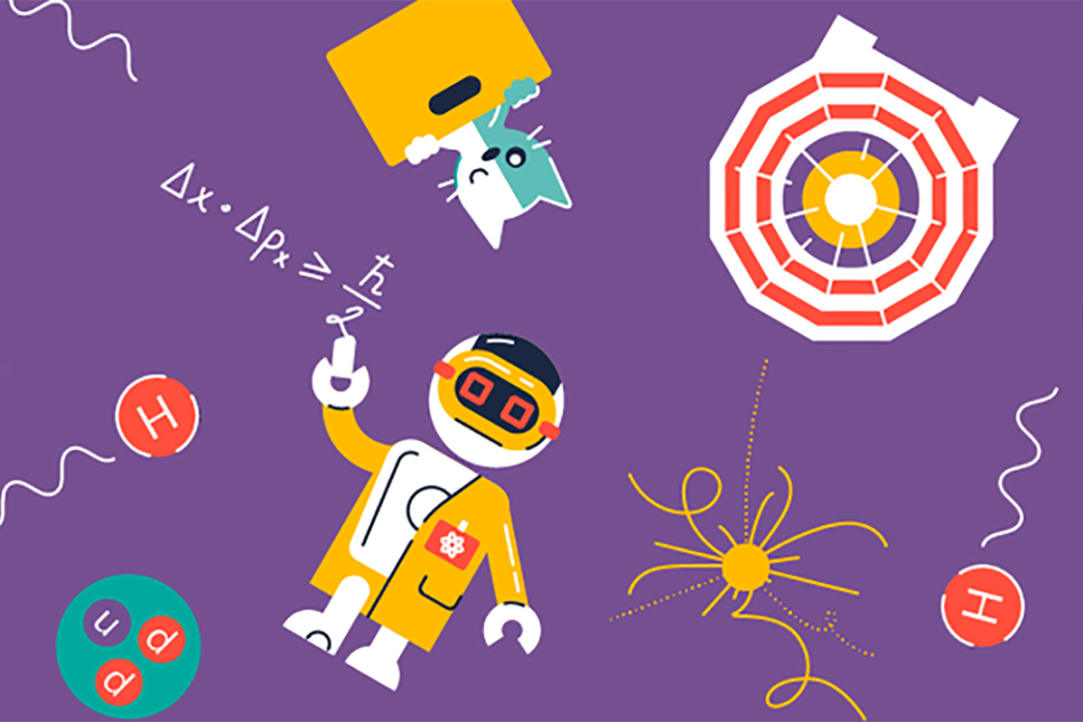
October 25, 2017

Guilhem Gamard, research fellow of the international laboratory of theoretical computer science, took part in the workshop in Lyon, France.
October 02, 2017

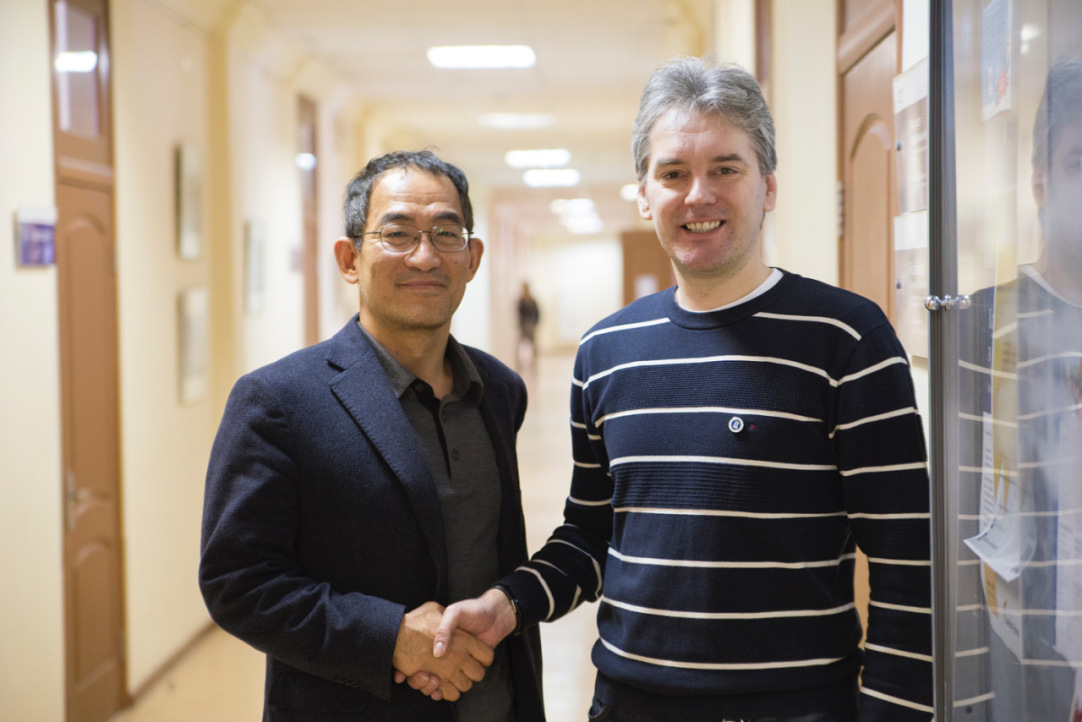

HSE’s team has won four gold, one silver and one bronze medal at the International Mathematical Competition for University Students (IMС 2016), the most representative mathematics contest for university students. The team included students from the Faculty of Computer Science and the Faculty of Mathematics.
August 02, 2016

April 23, 2016

This year, the HSE Faculty of Computer Science is opening an international theoretical computer science laboratory, which will be the new research division of the Big Data and Information Retrieval School. One of the lab’s main objectives is to help bring the Russian school of theoretical computer science to the world stage.
February 02, 2016

Bruno Bauwens, an expert in Kolmogorov complexity, is a new recruit at the HSE Faculty of Computer Science. He started in September 2015. Bruno received his PhD from Ghent University in Belgium, after which he held postdoctoral fellowships at Porto University (Portugal), as well as at the University of Montpellier and University of Lorraine.
November 24, 2015

The article ‘Tensorizing Neural Networks’, prepared by the Bayesian Methods Research Group under the supervision of Associate Professor of HSE’s Computer Science Faculty Dmitry Vetrov, has been accepted by the NIPS conference – the largest global forum on cognitive research, artificial intelligence, and machine learning, rated A* by the international CORE ranking. This year it is being held December 7-12 in Montreal. Here Dmitry Vetrov talks about the research he presented and about why delivering reports at conferences is better than getting published in the academic press.
October 15, 2015

An important step in integrating the university into the global educational, scientific and research space is the expansion of international recruiting. Since its very first year, the Faculty of Computer Science at the Higher School of Economics has had a foreign professor working on staff. In 2015, four internationally recruited experts teach and conduct research in the faculty.
October 13, 2015
- About
- About
- Key Figures & Facts
- Sustainability at HSE University
- Faculties & Departments
- International Partnerships
- Faculty & Staff
- HSE Buildings
- HSE University for Persons with Disabilities
- Public Enquiries
- Studies
- Admissions
- Programme Catalogue
- Undergraduate
- Graduate
- Exchange Programmes
- Summer Schools
- Semester in Moscow
- Business Internship
- © HSE University 1993–2026 Contacts Copyright Privacy Policy Site Map
- Edit
